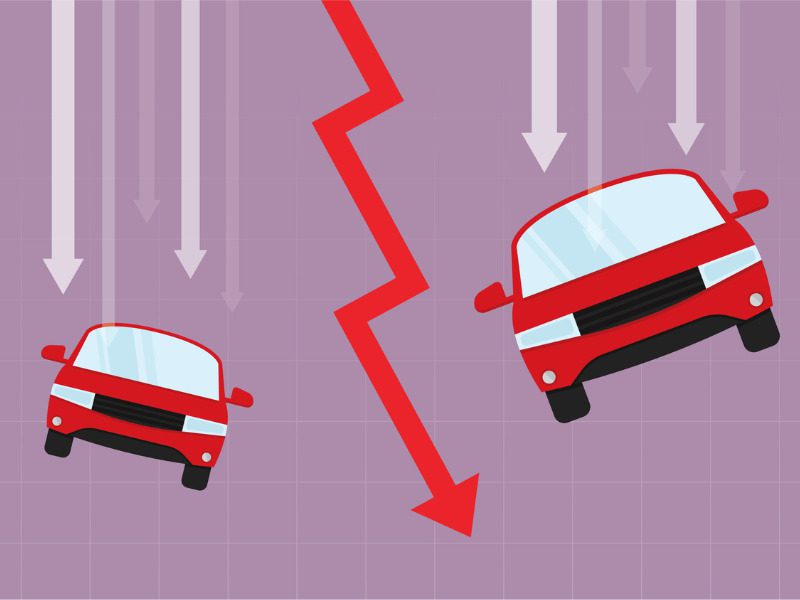How the upcoming recession will affect your home and auto clients

With a potential recession on the horizon, consumers will likely purchase fewer big-ticket items such as cars and homes. Of course, this also means a decrease in demand for the Canadian P&C insurance industry.
“Cars can be seen as a luxury during a recession,” rate comparison site Ratehub.ca said in a blog late last month. “While owning a vehicle definitely provides convenience, it also comes with many added costs — gas, maintenance, and auto insurance, just to name a few. Those living in urban areas may choose to hold off on such a large purchase in a time of financial uncertainty.”
And the semiconductor chip shortage in Canada may mean that even for drivers who want to purchase a new car, this may not be possible in the near-term, the rate aggregator said. “This impacts brokerages more than it does the consumer,” warned Matt Hands, Ratehub.ca’s senior director of insurance. “There are fewer people in the market shopping around because they’re waiting to get vehicles.”
As car ownership declines, so will the need for an insurance policy.
It’s no surprise that with higher prices comes less demand — and the same can be said for insurance products in 2023, Ratehub.ca said in its 2023 insurance predictions blog. From an industry perspective, P&C companies can expect limited growth due to the current economic state of the country. In effect, compared to last year, “we predict the insurance industry in 2023 will look somewhat similar — from the inflation of premiums to the decline in new policyholders…”
Inflation will continue to affect both home and auto lines, Ratehub.ca said. On the auto side, insurers are paying for rental cars longer, which contributes to the rising cost of claims. “Three or four years ago, repairs would be done in a week or two,” Hands said. “Now they’re probably taking three or four weeks — maybe even longer.”
According to Statistic Canada’s October’s Consumer Price Index, passenger vehicle insurance premiums saw an average annual increase of 3.9% across Canada. There was also a 7.4% annual increase in the cost of passenger vehicle parts, maintenance and repairs.
iStock.com/designer491
Ratehub.ca also expects auto insurance won’t get cheaper for most drivers next year, due in part to the inflated cost of auto repair claims and continued supply chain issues and shortages for parts (such as plastic, sheet metal and clear coats).
On the home insurance side, some clients may even decide to forego tenant insurance during a recession, Hands cautioned. “A monthly Netflix subscription, for example, can cost roughly the same amount of money as a tenant insurance policy. While people see use in their Netflix account every day, people only see use in their tenant insurance once something actually happens.”
October’s CPI said home and mortgage insurance saw an inflation rate of 7.6% year-over-year. And just like auto insurance, Ratehub.ca expects home insurance rates to continue to rise this year. This is due in part to costlier home rebuilds (the CPI revealed a 9.8% increase in the cost of maintenance and repairs).
And while interest rates could potentially stop increasing this year, the housing market won’t bounce back right away. “If there aren’t any new homeowners, there won’t be any new policyholders.”
During these “unprecedented financial times,” clients will be looking to save money and Ratehub.ca expects shopping for insurance online will grow in popularity.
Since insurers are always looking to balance their book of business against inherent risks associated with their customer base, “some insurers will be more willing to offer favourable insurance rates to you than others based on this ongoing risk-balancing exercise,” Hands suggested. “So take some time to compare quotes from multiple insurers to ensure you’re getting the best price for your situation.”
Feature image by iStock.com/tommy



